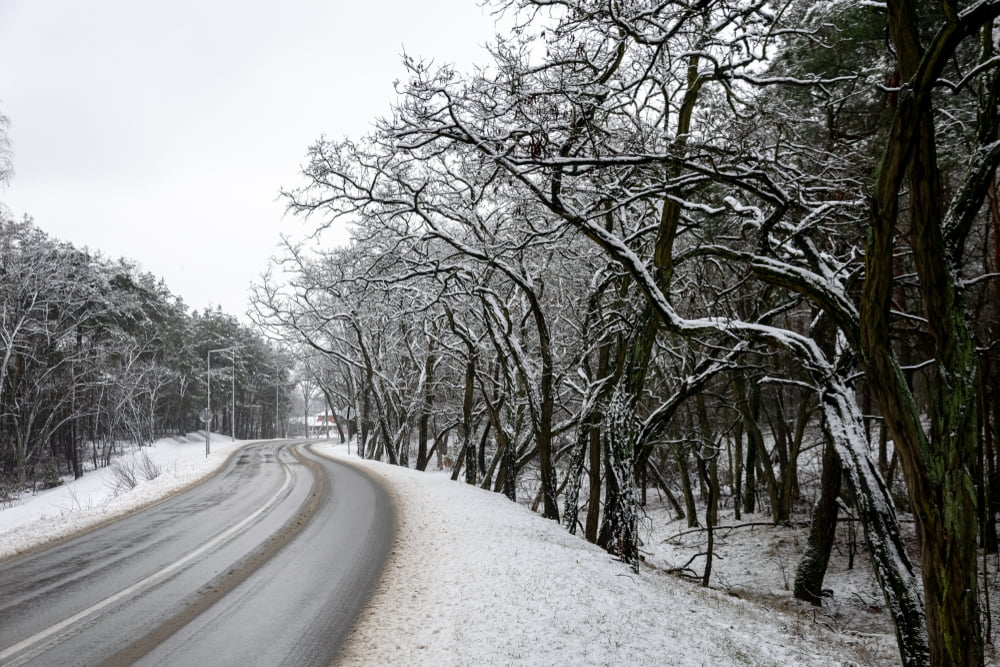Keeping the road safe and available during winter conditions is the challenge that road authorities face when carrying out anti-icing conditions. In this way, road authorities fulfill their statutory requirements duty of care. But above all, it is intended above all to allow road users to participate safely in traffic and to limit the economic impact of winter slippery conditions as a result of traffic jams and other traffic nuisance as much as possible.
Getting ice control in the Netherlands to an even higher level, that is the task that the Program Committee has set itself the goal of. The road user is central to this objective. He must also be offered a reliable and secure network in winter conditions. Of course, this must be realized for the lowest possible costs and effort by the road authority. The committee therefore focuses on new developments, but also on cooperation between different parties and knowledge transfer. A good example of the latter are the CROW courses in the field of ice control.
What does the road authority do?
A road manager is the manager of a road. In most cases, the road authority is also the owner. The duties of a road authority include the construction of new roads, the execution of planned maintenance, as well as the repair of road surface damage. Public roads are usually operated by a government or government agency, although this may not always be the case. The various roads in the Netherlands are national roads, provincial roads, local roads and water board roads. The road authorities in the Netherlands are Rijkswaterstaat, provinces, municipalities and water boards respectively.


